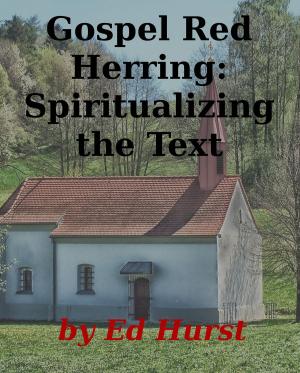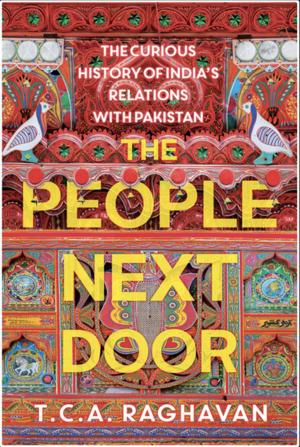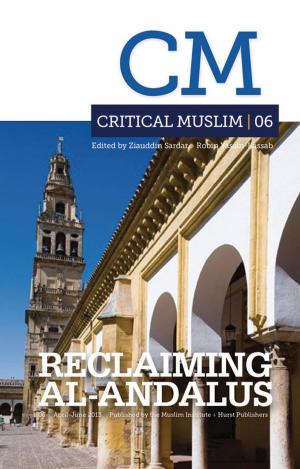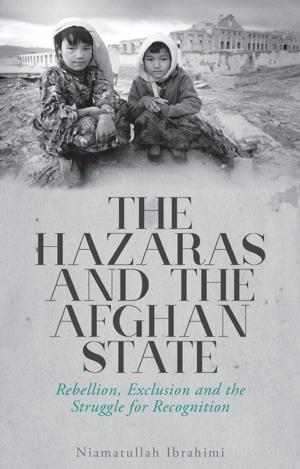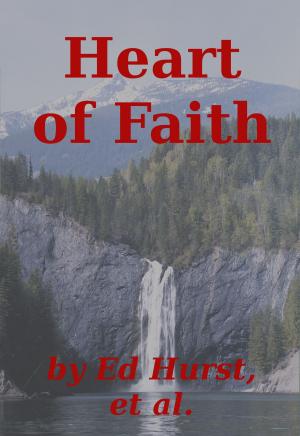Reporting Disasters
Famine, Aid, Politics and the Media
Nonfiction, Social & Cultural Studies, Political Science, Social Science| Author: | Suzanne Franks | ISBN: | 9781849044950 |
| Publisher: | Hurst | Publication: | March 1, 2014 |
| Imprint: | Hurst | Language: | English |
| Author: | Suzanne Franks |
| ISBN: | 9781849044950 |
| Publisher: | Hurst |
| Publication: | March 1, 2014 |
| Imprint: | Hurst |
| Language: | English |
The media reporting of the Ethiopian Famine in 1984-5 was an iconic news event. It is widely believed to have had an unprecedented impact, challenging perceptions of Africa and mobilising public opinion and philanthropic action in a dramatic new way. The contemporary international configuration of aid, media pressure, and official policy is still directly affected and sometimes distorted by what was--as this narrative shows--also an inaccurate and misleading story. In popular memory, the reporting of Ethiopia and the resulting humanitarian intervention were a great success. Yet alternative interpretations give a radically different picture of misleading journalism and an aid effort which did more harm than good. Using privileged access to BBC and Government archives, Reporting Disasters examines and reveals the internal factors which drove BBC news and offers a rare case study of how the media can affect public opinion and policymaking. It constructs the process that accounts for the immensity of the news event, following the response at the heart of government to the pressure of public opinion. And it shows that while the reporting and the altruistic festival that it produced triggered remarkable and identifiable changes, the on-going impact was not what the conventional account claims it to have been.
The media reporting of the Ethiopian Famine in 1984-5 was an iconic news event. It is widely believed to have had an unprecedented impact, challenging perceptions of Africa and mobilising public opinion and philanthropic action in a dramatic new way. The contemporary international configuration of aid, media pressure, and official policy is still directly affected and sometimes distorted by what was--as this narrative shows--also an inaccurate and misleading story. In popular memory, the reporting of Ethiopia and the resulting humanitarian intervention were a great success. Yet alternative interpretations give a radically different picture of misleading journalism and an aid effort which did more harm than good. Using privileged access to BBC and Government archives, Reporting Disasters examines and reveals the internal factors which drove BBC news and offers a rare case study of how the media can affect public opinion and policymaking. It constructs the process that accounts for the immensity of the news event, following the response at the heart of government to the pressure of public opinion. And it shows that while the reporting and the altruistic festival that it produced triggered remarkable and identifiable changes, the on-going impact was not what the conventional account claims it to have been.

